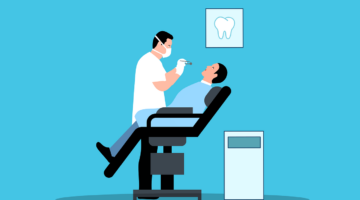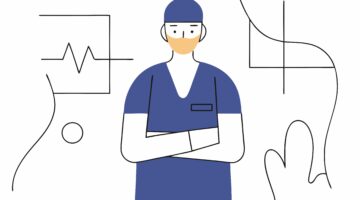An electrical engineering professor has developed a lens-free holographic digital microscope platform for mobile devices powerful enough to analyze cells that could be used to analyze T-cells in patients with HIV and detect parasites in water at a lower cost than other telescopes of its magnitude.
Aydogan Ozcan, a professor at the University of California, Los Angeles who leads its bio and nanophotonics laboratory, presented the digital microscope platform at a recent BioNJ personalized medicine conference. His company, Holomic, is a UCLA spinoff.
The cost effectiveness of the device stems from how it functions. Instead of depending on lenses that other microscopes of a similar power utilize, it utilizes the technology found in cell phones and laptops. It harnesses the interference pattern created by light passing through translucent objects to mathematically reconstruct the microscopic image of the object without need of lenses.
The co-founders of Holomic include Gilbert Hakim, the chairman who is also founder and CEO of SCC Soft Computer, and Neven Karlovac, the CEO, who previously served as senior technology strategist at the UCLA Institute for Technology Advancement.
One application being pushed for the platform is monitoring HIV patients. The device can read CD4 cells or T-cells associated with the immune system, the cells that HIV attacks.
The platform can also be used to detect parasites and bacteria at low concentrations for water purity issues.
It can also count and analyze cells. It could be used for sperm analysis and also has applications for drug discovery, said Ozcan in his presentation.
“[Using the microscope] we can see cell shadows,” Ozcan said. “Shadows are digital holograms of the cell and can identify what type of cell you’re looking at based on the shadow.”
[Photo from Ozcan Research Group at UCLA]
Aydogan Ozcan at mHealth Summit










